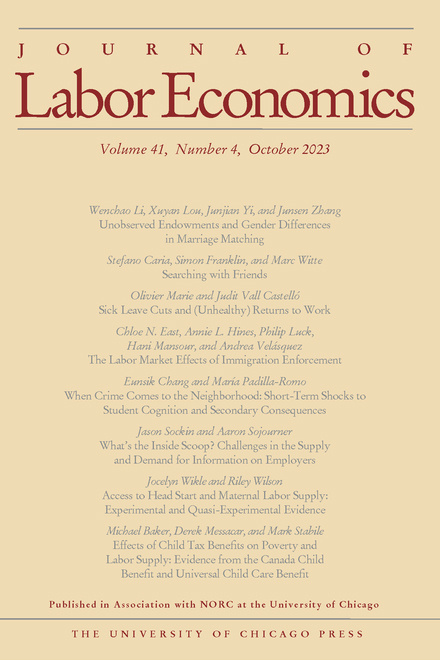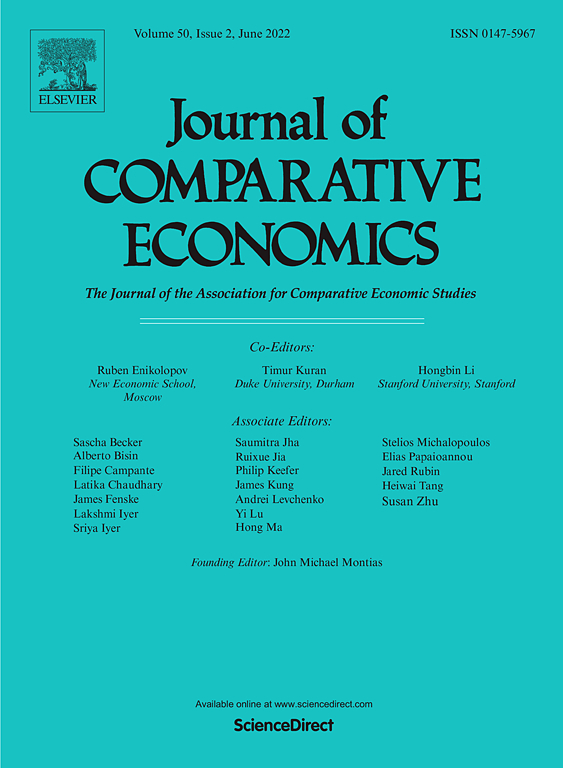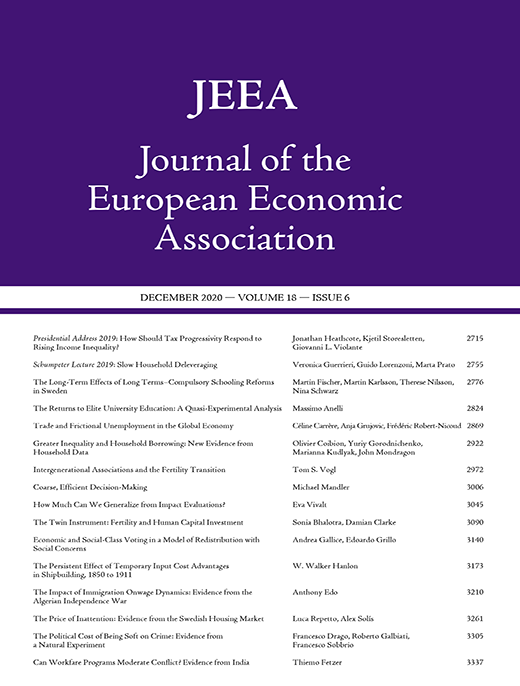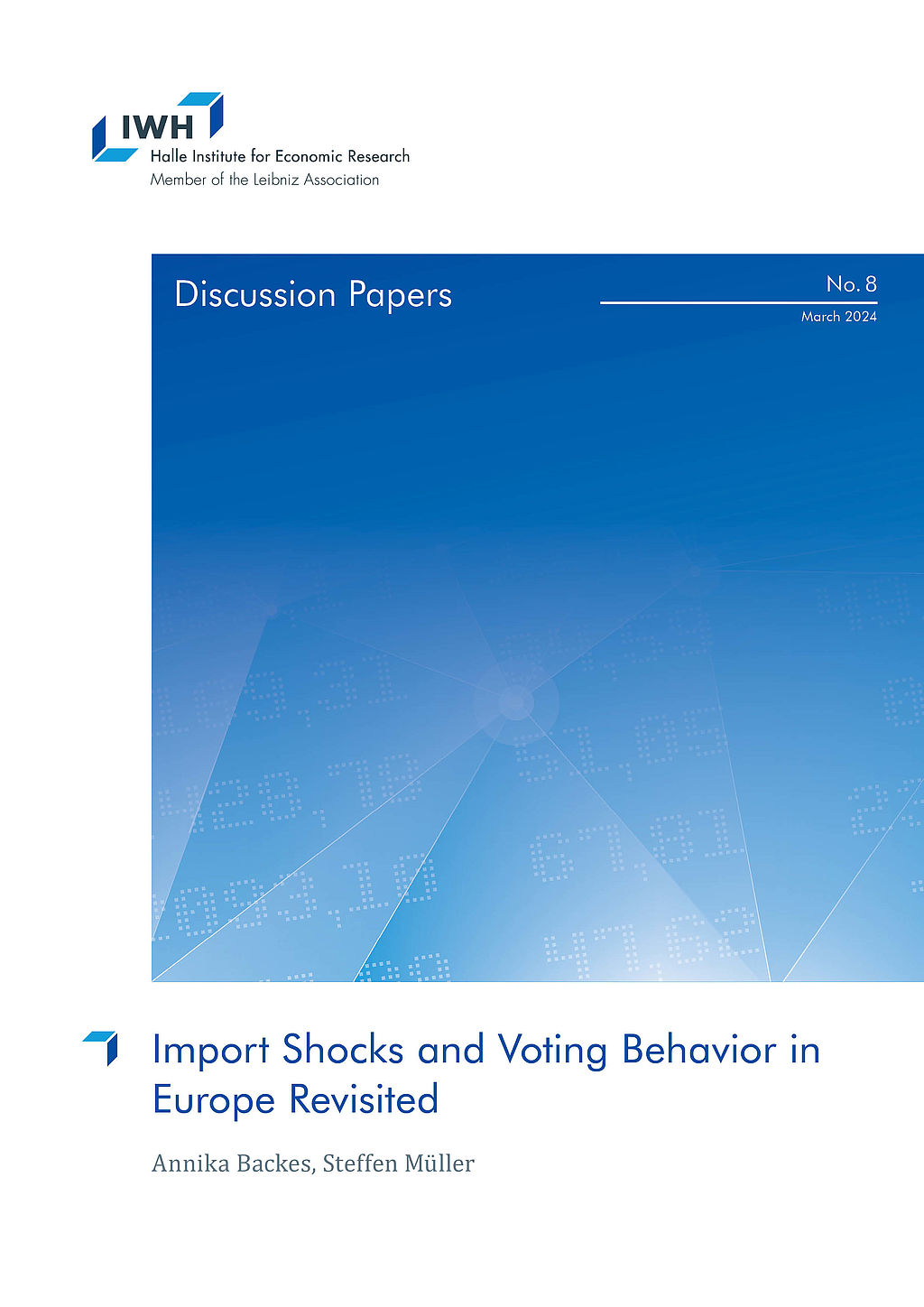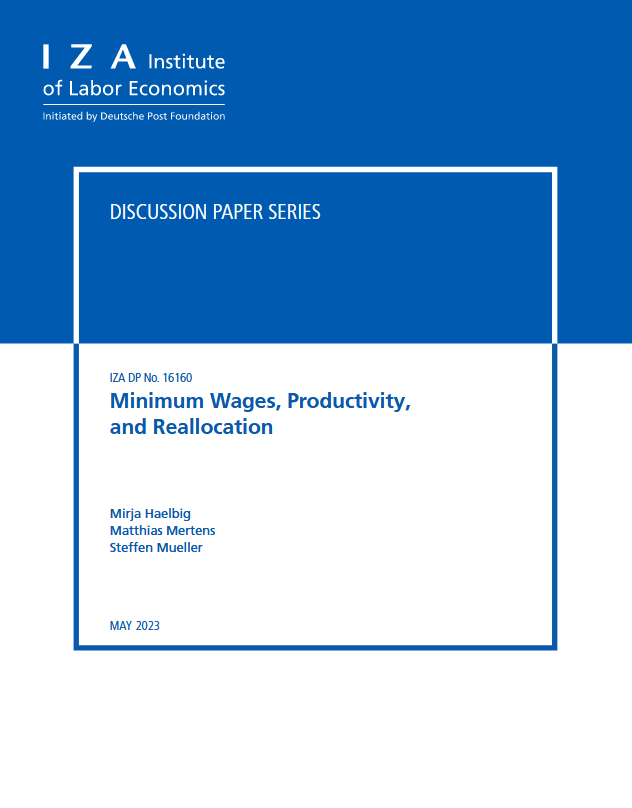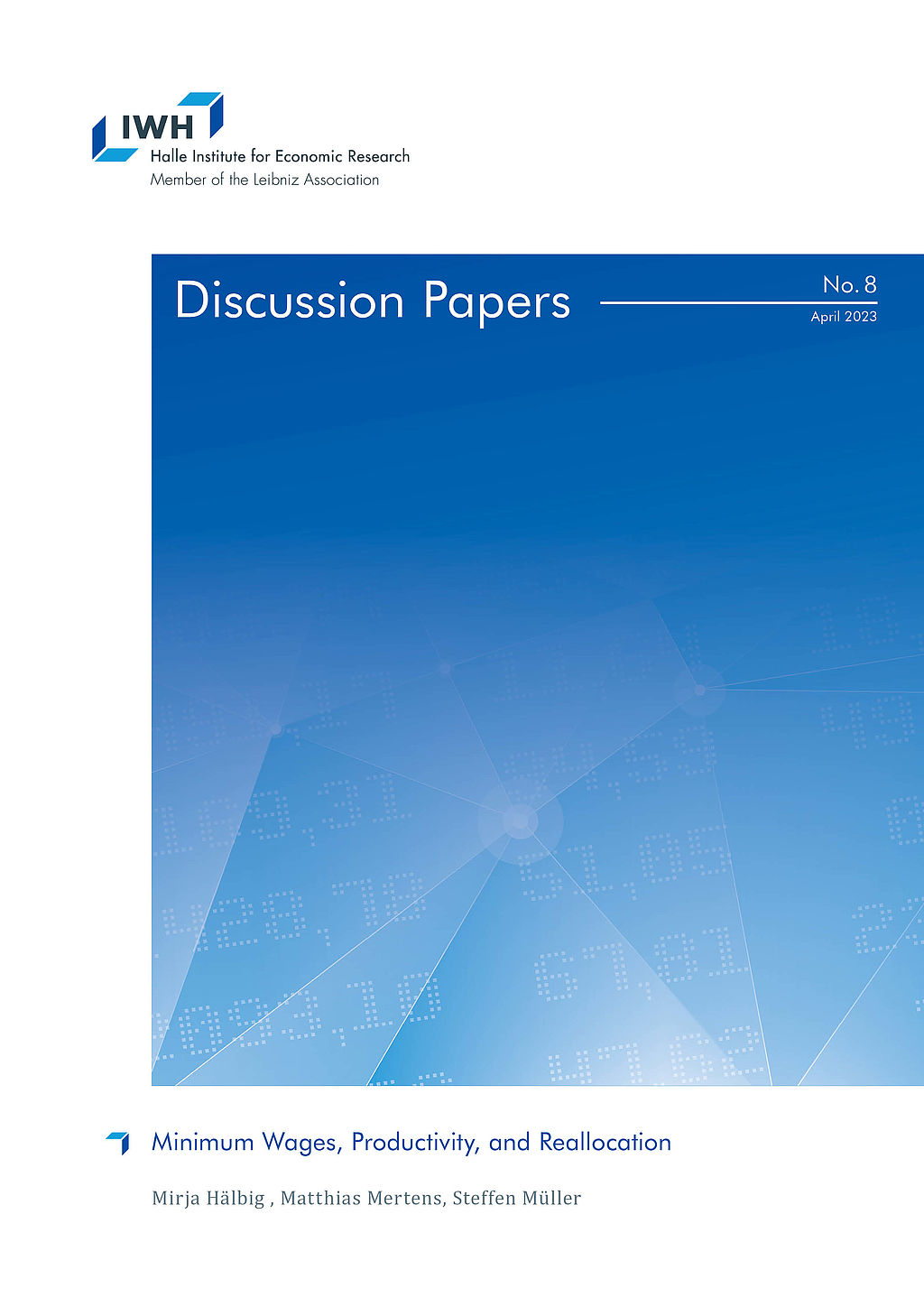Professor Dr. Steffen Müller

Aktuelle Position
seit 10/14
Leiter der Abteilung Strukturwandel und Produktivität
Leibniz-Institut für Wirtschaftsforschung Halle (IWH)
seit 10/14
Professor für Wirtschaftswissenschaft: Produktivität und Innovation
Otto-von-Guericke-Universität, Magdeburg
seit 5/20
Leiter der IWH-Insolvenzforschung
Leibniz-Institut für Wirtschaftsforschung Halle (IWH)
Forschungsschwerpunkte
- betriebliche Produktivität
- empirische Arbeitsmarktökonomik
- ökonomische Unterschiede zwischen Ost- und Westdeutschland
Seit 2014 ist Steffen Müller Professor für Wirtschaftswissenschaften, Produktivität und Innovation an der Otto-von-Guericke-Universität Magdeburg und Leiter der Abteilung Strukturwandel und Produktivität am IWH. Er ist Fellow beim Forschungsinstitut zur Zukunft der Arbeit (IZA) und beim Center for Economic Studies (CESifo) sowie Mitglied im Bevölkerungsökonomischen Ausschuss und im Ausschuss für Sozialpolitik des Vereins für Socialpolitik.
Steffen Müller hat Volkswirtschaftslehre an der Universität Leipzig studiert. Er wechselte im Jahr 2005 an die Friedrich-Alexander-Universität Erlangen-Nürnberg, wo er 2009 bei Professor Regina T. Riphahn promovierte (Dissertation: Mandatory works councils in Germany: their effects on productivity and profits). Er habilitierte sich 2014 ebendort und erhielt die Lehrbefugnis für Volkswirtschaftslehre und Ökonometrie. Während dieser Zeit forschte Steffen Müller auch an der University of California in Berkeley und in Davis.


